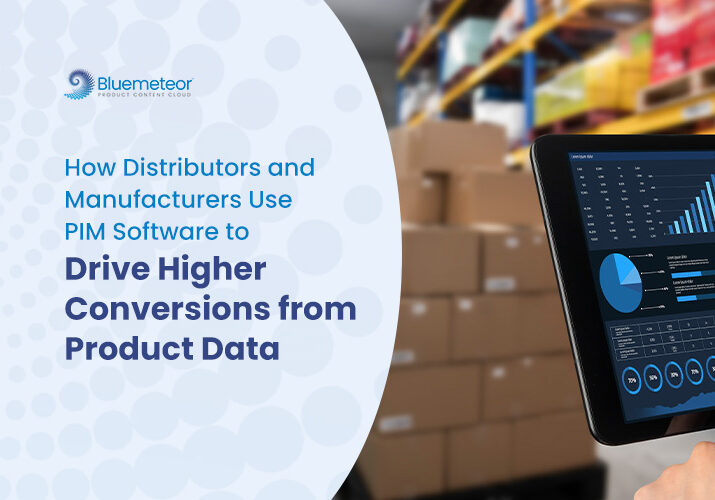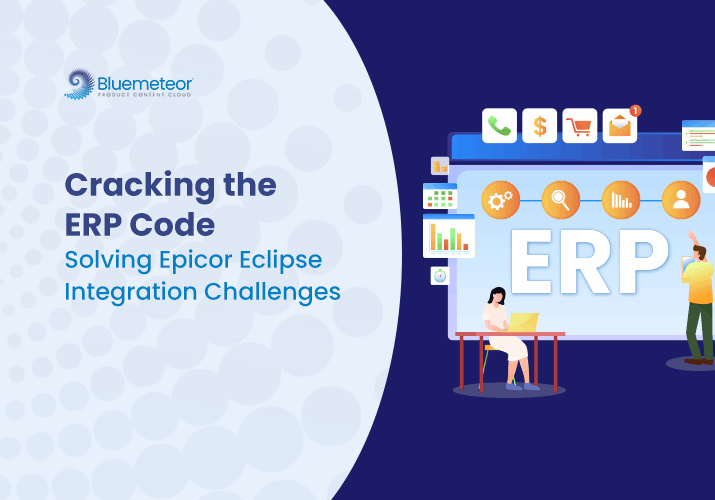Streamlining your b2b sales processes with digital commerce

B2B eCommerce is transforming the way businesses operate, As companies shift towards digital platforms to streamline procurement and enhance the customer experience, B2B brands and distributors are increasingly adopting new strategies to stay competitive. From building user-friendly websites to implementing advanced technologies like automation and AI, B2B companies are optimizing their sales processes for maximum efficiency and growth.
In this article, we’ll explore how digital commerce can streamline your B2B sales processes and what strategies leading B2B brands are using to enhance the customer experience and drive business growth.
Embracing Digital Sales Channels
One of the most significant trends in B2B eCommerce is the shift towards creating dedicated digital sales channels. By building an eCommerce platform, businesses can offer their customers a seamless online shopping experience. A well-constructed platform allows customers to browse through a comprehensive product catalog, track orders, and access real-time pricing and availability information. This not only improves the shopping experience but also reduces the friction in the sales process.
Investing in User-Friendly Websites
The design and functionality of your website are crucial for boosting conversion rates and improving overall customer satisfaction. B2B buyers expect a smooth and intuitive browsing experience, much like their B2C counterparts. Investing in a well-designed website with easy navigation, fast loading times, and mobile responsiveness ensures customers can effortlessly find and purchase the products they need.
Incorporating clear calls to action (CTAs), detailed product descriptions, and an efficient checkout process can significantly reduce cart abandonment rates and encourage repeat purchases.

Expanding Product Offerings
A wide range of products and services ensures that businesses cater to the diverse needs of their clients. B2B companies are continually expanding their product offerings to attract a broader customer base and meet varying demands. This approach enhances customer loyalty as clients find all their purchasing needs fulfilled under one roof, leading to increased order values and long-term relationships.
Personalizing the Customer Experience with Data
Customer data is a goldmine for personalizing the shopping experience. Leading B2B companies leverage data analytics to gain insights into customer preferences and behavior. With this information, they provide tailored product recommendations, special offers, and customized pricing models. Personalization fosters stronger customer relationships, encouraging brand loyalty and boosting sales.
Providing a Seamless Omnichannel Experience
B2B buyers now expect the same seamless experience across multiple touchpoints, whether they’re interacting with your brand online or offline. By integrating your digital sales channels with your physical presence, you create an omnichannel experience that allows customers to interact with your brand in the way that suits them best. This could include combining eCommerce with direct sales, in-store pickups, or even personalized customer support across different platforms.

Implementing Automation and Artificial Intelligence
Automation and AI are revolutionizing B2B sales processes. From streamlining order management to improving customer service through chatbots, these technologies reduce manual work, minimize errors, and enhance operational efficiency. AI-driven analytics can predict customer needs, automate reordering processes, and even identify cross-sell and upsell opportunities. This level of automation can significantly accelerate your sales cycle and reduce operational costs.
Offering Flexible and Secure Payment Options
B2B companies are now offering a wide variety of secure payment options to make transactions more convenient. By incorporating payment methods such as credit cards, PayPal, Apple Pay, and even tailored financing solutions, businesses reduce friction at checkout and improve the overall buying experience. A simplified, secure payment process is key to retaining clients and increasing sales.
Optimizing Delivery and Logistics
To meet the increasing demand for faster deliveries, B2B companies are investing heavily in logistics solutions. Advanced logistics management systems help improve delivery speed, accuracy, and reliability, ensuring that customers receive their orders on time. Offering real-time shipment tracking and flexible shipping options can further enhance the customer experience and build trust.
Enhancing Digital Commerce with PXM Software
A key factor in driving digital growth is Product Experience Management (PXM) software. PXM tools help businesses manage product data across various channels, enhancing the customer experience. By centralizing product information and offering interactive visualization, PXM software ensures that customers have access to accurate, up-to-date product information. With features such as 3D product models and augmented reality, businesses can offer a rich product experience that increases buyer confidence and leads to higher conversions.
Conclusion: Elevate Your B2B Sales with Digital Commerce
B2B companies are rapidly embracing digital commerce strategies to streamline sales processes and meet the evolving demands of their customers. By investing in modern technologies, creating user-friendly platforms, and personalizing the customer experience, B2B businesses can unlock new growth opportunities. Whether through implementing AI, enhancing logistics, or adopting PXM software, these strategies position companies to succeed in a competitive digital marketplace.
For businesses looking to streamline their sales processes, now is the time to invest in digital commerce solutions that not only improve operational efficiency but also drive customer satisfaction and long-term success.
Related Articles
Recent Post
Categories




